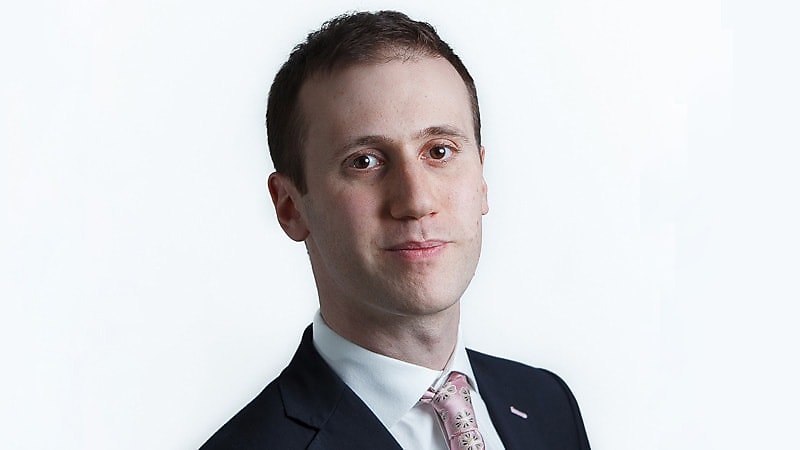Court case sheds light on section 17B
A recent decision by the Supreme Court of Victoria has provided clarity around what services trustees can charge for under section 17B.
DBA Lawyers special counsel Bryce Figot said the recent decision, Application by Ellasil Pty Ltd [2023] VSC 69, handed down by the Supreme Court of Victoria provides some important commentary around how fees can be charged to a fund under section 17B of the SIS Act.
“There are a lot of accountants and solicitors who become trustees or directors of SMSFs and there is some useful commentary in this case about their ability to charge,” Mr Figot told SMSF Adviser.
Mr Figot explained that Neville Windebank, who was the solicitor for the members of the SMSF in this case, became a director and shareholder of the fund.
The corporate trustee of the SMSF, Ellasil, raised two specific issues regarding costs in the case.
Ellasil noted that the SIS Act prohibits directors of corporate trustees of SMSFs from receiving remuneration, except in circumstances where the director performs duties or provides services in accordance with s 17B(2).
Given that Mr Windebank was the sole director of the solicitors appearing on the record for Ellasil, Ballards Solicitors Pty Ltd, Ellasil submitted that on one view the prohibition may not apply, alternatively, that the work of Mr Windebank had been performed in terms that comply with s 17B(2).
The Court found that Mr Windebank’s services as a professional solicitor did meet the requirements of the exception in section 17B.
“So, although Mr Windebank was a director, he was allowed to charge the fund for his work,” explained Mr Figot.
However, Justice McMillan did raise some issues with certain claims for expenses and required Elasil to provide the court with a revised claim of expenses.
“Ballards appears to have charged for work done that would reasonably fall within Mr Windebank’s role as director of Ellasil, rather than constituting professional legal work. This includes, for example: communicating with the fund’s accountant concerning tax returns; reviewing the ‘trustee declaration’; organising the sale of shares; and reviewing investments,” she explained.
“Such administrative tasks would appear to fall within the scope of s 17A(2)(d) of the SIS Act, but not the exception provided in s 17B(2), in the sense that they do not require professional skill. In any event, these tasks should not be charged at Mr Windebank’s hourly rate as a solicitor.”
Mr Figot said this was the first court case to consider section 17B.
“Accountants, financial planners, lawyers, auditors and other professionals may want to carefully consider accepting the role of attorney or executor in respect of a client who has an SMSF because this case provide some more guidance on the fact there’s going to be a lot of things you can’t charge for. The estate can’t pay either” cautioned Mr Figot.








